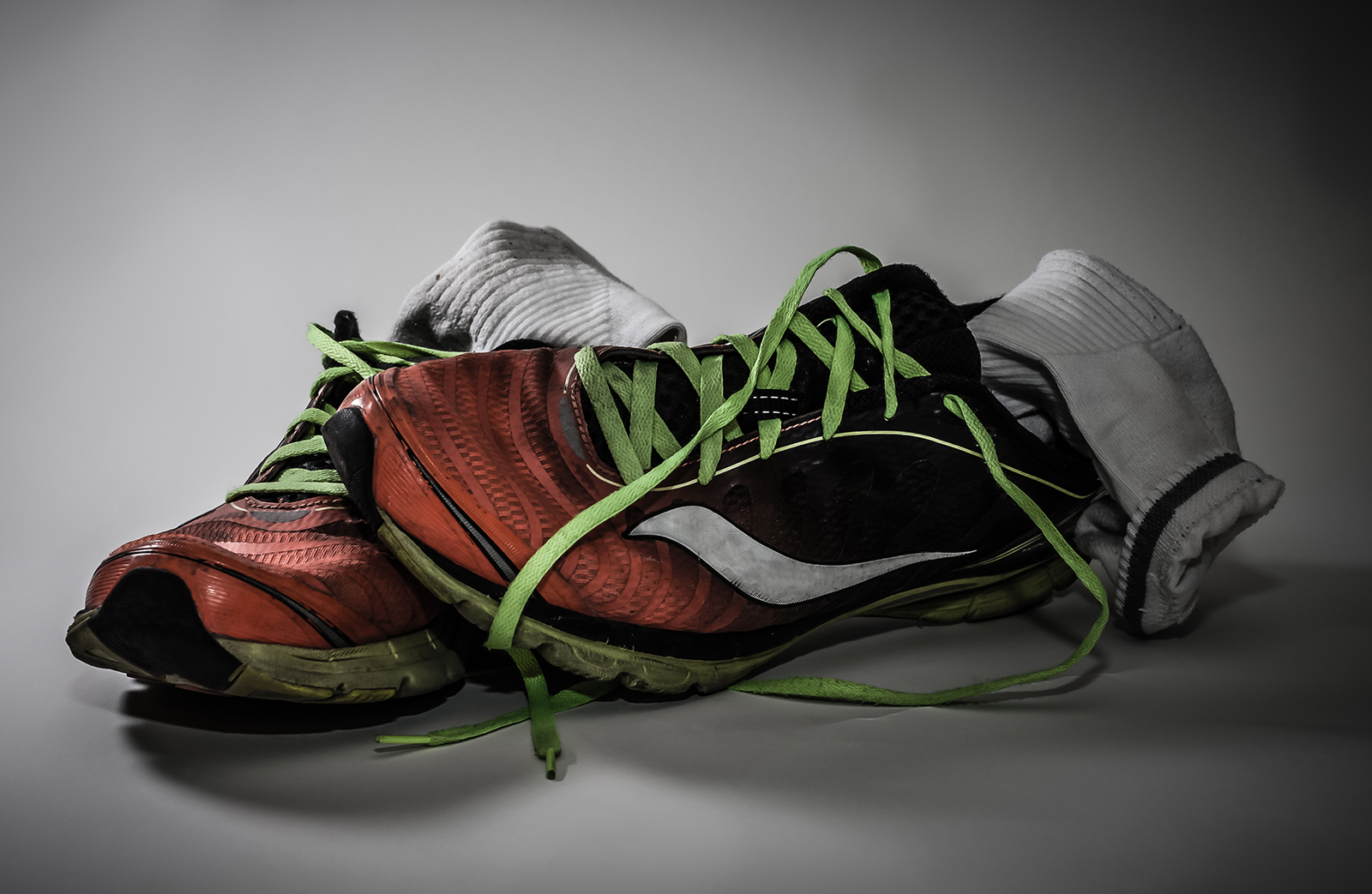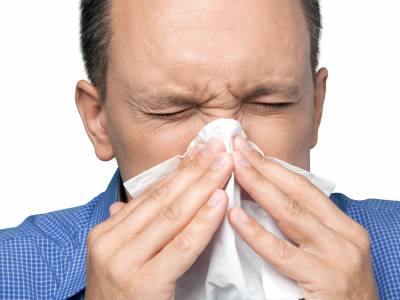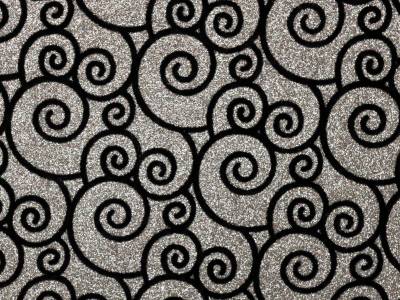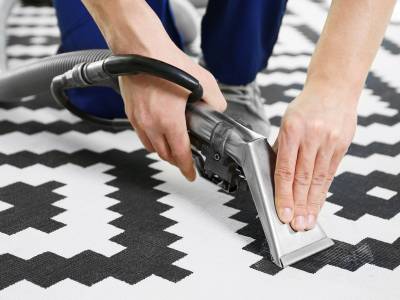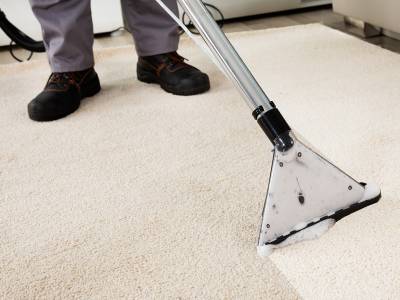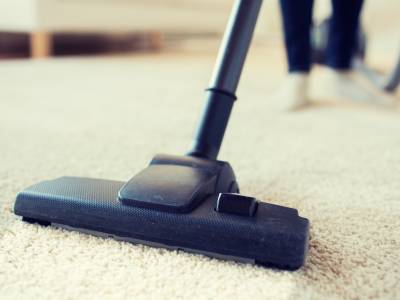Have you ever thought about what your shoes trek through every day when we are out and about? Sadly, our sidewalks and streets are not power washed on a daily basis, leaving us susceptible to a host of bacteria and germs. If you’ve ever considered becoming a shoe police officer at your house these findings may convince you about the importance of leaving your shoes at the door ? It's an especially important choice for people with small children who play on the floor.
In 2008, "Good Morning America" tested the bottoms of eight different people's shoes, as well as two dogs' paws, for bacteria. The finding showed that shoes contained the most bacteria of all — 66 million organisms.
Nine different species of bacteria on people's shoes were found by researchers at the University of Arizona - these types of bacteria can cause infections in our stomachs, eyes and lungs – stemming from coliform, a type of bacteria that comes mostly from human and animal waste.
Scientists blame the floors of public restrooms and bird and dog droppings. Dogs in came in fifth and ninth place for dirtiest soles.
If that’s not enough to gross you out - the study also found bacteria live longer on our shoes than in other places. Furthermore, as we walk, we constantly pick up new debris that feeds the growth of more bacteria.
The researchers tested to see if bacteria on shoes would transfer to the tile floors in a house. More than 90 percent of the time it did. Carpeting harbors bacteria even more.
Jonathan Sexton, a research assistant at the University of Arizona's College of Public Health said that comparing these test results were to those on "toilet seats, which generally have 1,000 bacteria or less.” And found that the results of the shoe tests are in the millions. So beware - there's a lot more bacteria being transferred from shoes to your carpets.
The most vulnerable to the germs are children under age of 2. Since our shoes track bacteria into the house and onto floors coming in dirt contact with play areas that children use while putting their hands in their mouths an average of 80 times an hour.
"That means children can possibly be exposed to every single bacteria that you picked up on your shoe - all the bacteria from the park, the store, everywhere you went that day," Sexton said.
Expert Tips for Keeping Clean
The easiest way to ensure that you don't track the germs on your shoe soles into your home is to leave your shoes at the door or carry them to the closet. Then you should wash your hands.
Researchers found wiping shoes with a disinfectant can also be effective.

